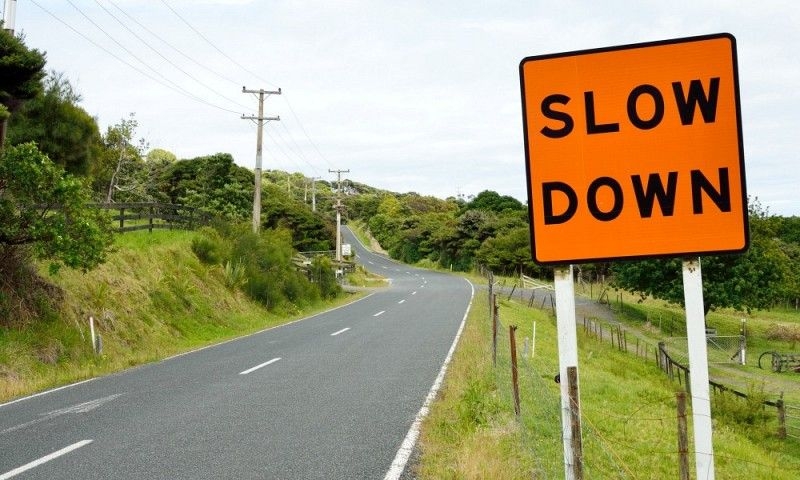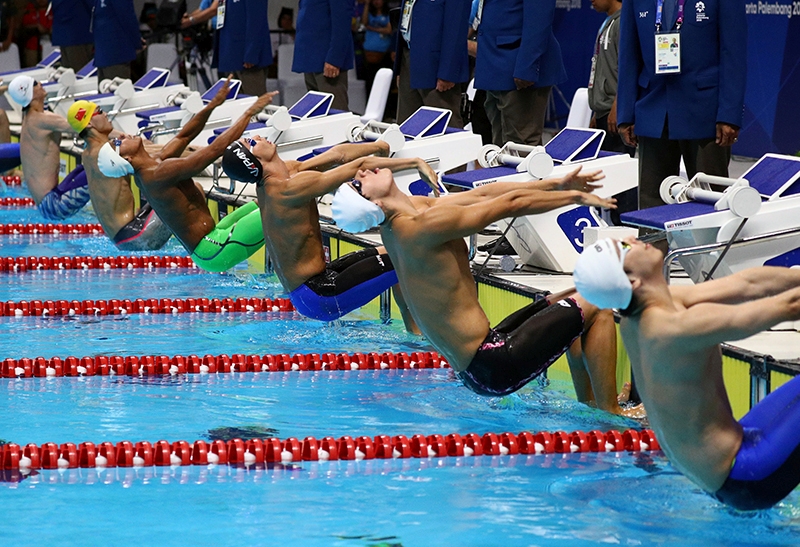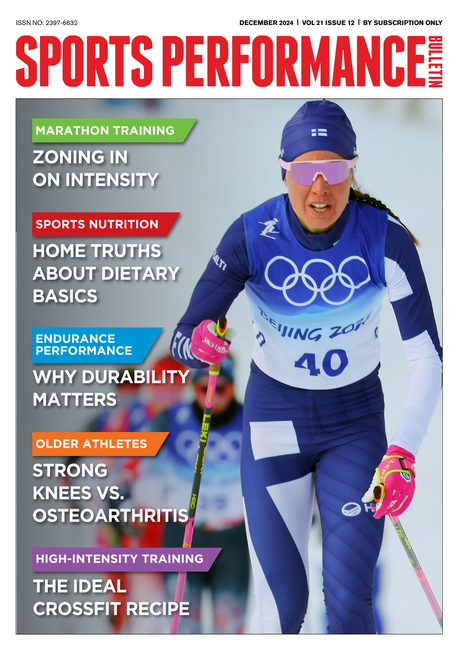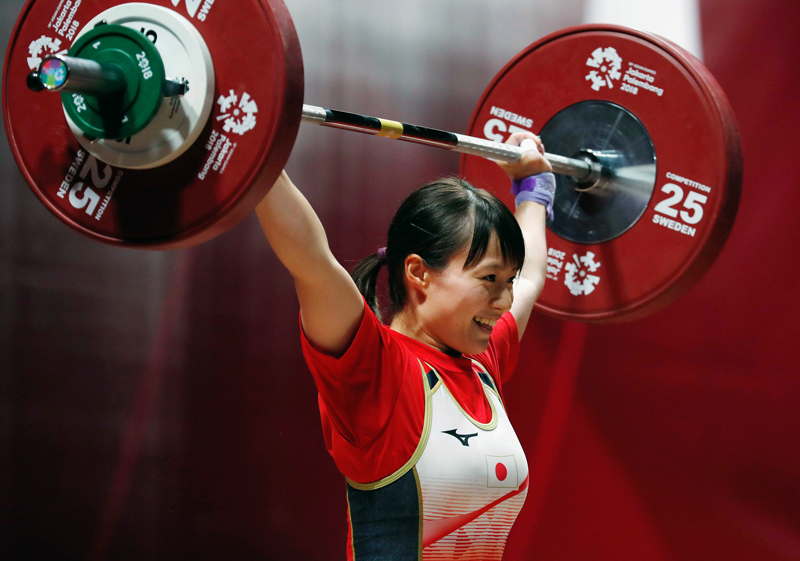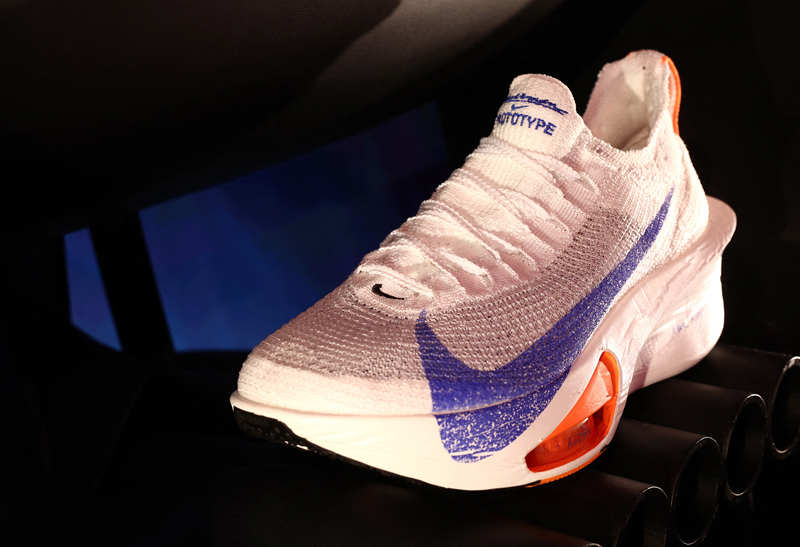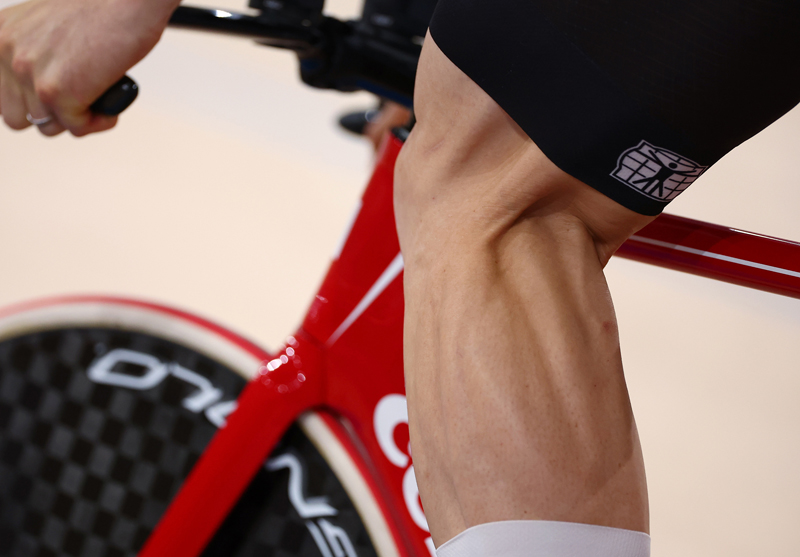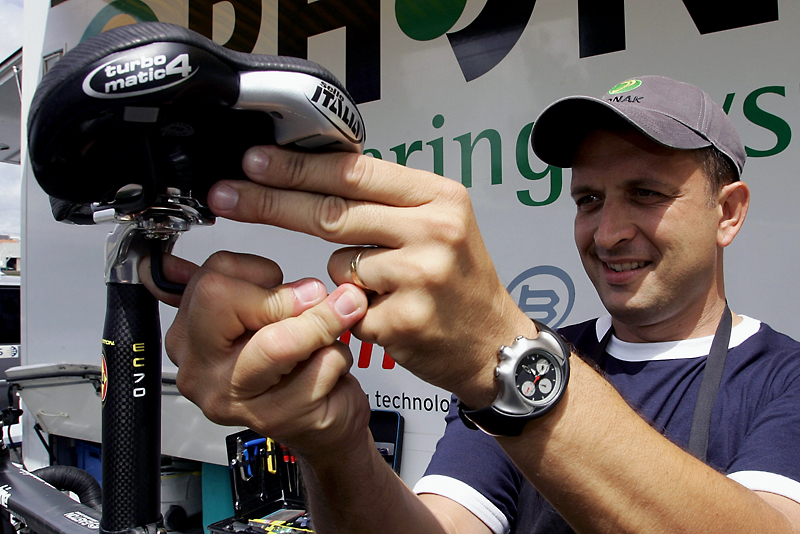You are viewing 1 of your 1 free articles. For unlimited access take a risk-free trial
Race preparation: why more tapering may be better than less

Andrew Hamilton looks at the science of pre-race tapering. How long do you need to taper for and are there any benefits of a pre-tapering training surge?
As someone working in the field of sports performance for over 30 years, I’m still gobsmacked by the seeming obsession of many endurance athletes to ‘get a bit more training in’ during the 2-3 days before a big event such as a marathon or triathlon - gobsmacked, because this approach is absolutely guaranteed to produce WORSE performance on the big day itself.What many athletes fail to understand is that hard training results in fatigue and breakdown. It’s only after a recovery period of 3-4 days following training that the body recovers - a process that (if the training stimulus was correct) results in supercompensation, meaning an increase in fitness and performance. But train again before supercompensation has occurred and there’ll be zero benefit. In fact there’ll be less than zero benefit because you’ll still have residual fatigue in the muscles without the supercompensation!
Why tapering is essential
The reasons above are why tapering is essential to produce maximum performance on the big day. Gradually winding down the training in the run up to an event allows you to fully recover from earlier hard sessions and supercompensate. And because there’s virtually no loss in aerobic performance after even a few days of rest, you can start your event at maximum levels of fitness, but fully refreshed and recovered.However, while there’s solid evidence that taper phase of around 2 weeks is effective(1), there’s considerable doubt about the optimum training load before tapering begins. One study indicated that a 20% increase in training load during the 28 days before tapering begins can produce larger performance gains compared with simply maintaining normal training loads – ie a ‘super-supercompensation’ effect(2)! However other studies comparing performances of triathletes after tapering following a pre-taper period of either normal or increased training load have found that triathletes who attempted supercompensation gained only a very slight performance increase(3) or none at all(4).
A French study on pre-taper training overload in triathletes was even more negative, suggesting bumping up your training load before tapering could be counterproductive(5). Thirty-three trained male triathletes performed either overload or normal training prior to a 4-week taper. The overload group increased training volume by 30% whereas the normal group continued as before. During the 4-week taper, the training load was decreased by 40% each week compared to the previous week and the researchers regularly measured the triathletes’ cycling performances and maximal oxygen uptake. The results showed that almost half of the overload triathletes failed to derive any benefit from bumping up their pre-taper training load. To make matters worse, they were significantly more likely to suffer from an upper respiratory tract infection (cough, cold, sore throat etc) during the taper period – absolutely the last thing you want in the run up to a big event!
Practical advice for athletes
What does this mean for athletes who need to plan for an important race or event? Here are some useful pointers to help ensure you really do perform your best on the day:- Before a competition, it’s absolutely essential to taper down for between one and two weeks to maximise recovery and race performance.
- Beginning around ten days beforehand, aim to steadily reduce your training load to around just one third of normal by three days before the event. Make sure you cease training completely in the 48 hours before the event.
- Preparing for an ultra-distance event may require a longer taper than suggested above. Athletes should begin tapering at least two weeks beforehand and reduce training volumes to under a third by a week before. Other than light activity, no proper training should be undertaken for 72-96 hours before race day.
- Beware of training overload before tapering begins. A little overload (up to 20%) can result in effective supercompensation but too much may be counterproductive and increase the risk of illness.
- Pay thorough attention to your diet during any tapering period. Ensure you consume plenty of high-quality carbohydrate for refueling muscles, decent amounts of high-quality protein to ensure complete muscle recovery and repair, and of course- that you drink plenty of fluids to ensure proper hydration. In particular, don't fall into the trap of cutting back drastically on your carbohydrate intake because your training volume has reduced; tapering is the time when your muscles need some carbohydrate excess to ensure that muscle carbohydrate (glycogen) stores are fully topped up!
References
1. Med Sci Sports Exerc. 2007; 39(8):1358–65
2. Med Sci Sports Exerc. 2005;37(9):1615–21
3. Med Sci Sports Exerc. 2013;45(11):2061–71
4. J Sci Med Sport. 2007;10(6):372–81
5. Med Sci Sports Exerc. 2014 Sep;46(9):1769-1777
Newsletter Sign Up
Testimonials
Dr. Alexandra Fandetti-Robin, Back & Body Chiropractic
Elspeth Cowell MSCh DpodM SRCh HCPC reg
William Hunter, Nuffield Health
Newsletter Sign Up
Coaches Testimonials
Dr. Alexandra Fandetti-Robin, Back & Body Chiropractic
Elspeth Cowell MSCh DpodM SRCh HCPC reg
William Hunter, Nuffield Health
Keep up with latest sports science research and apply it to maximize performance
Today you have the chance to join a group of athletes, and sports coaches/trainers who all have something special in common...
They use the latest research to improve performance for themselves and their clients - both athletes and sports teams - with help from global specialists in the fields of sports science, sports medicine and sports psychology.
They do this by reading Sports Performance Bulletin, an easy-to-digest but serious-minded journal dedicated to high performance sports. SPB offers a wealth of information and insight into the latest research, in an easily-accessible and understood format, along with a wealth of practical recommendations.
*includes 3 coaching manuals
Get Inspired
All the latest techniques and approaches
Sports Performance Bulletin helps dedicated endurance athletes improve their performance. Sense-checking the latest sports science research, and sourcing evidence and case studies to support findings, Sports Performance Bulletin turns proven insights into easily digestible practical advice. Supporting athletes, coaches and professionals who wish to ensure their guidance and programmes are kept right up to date and based on credible science.
